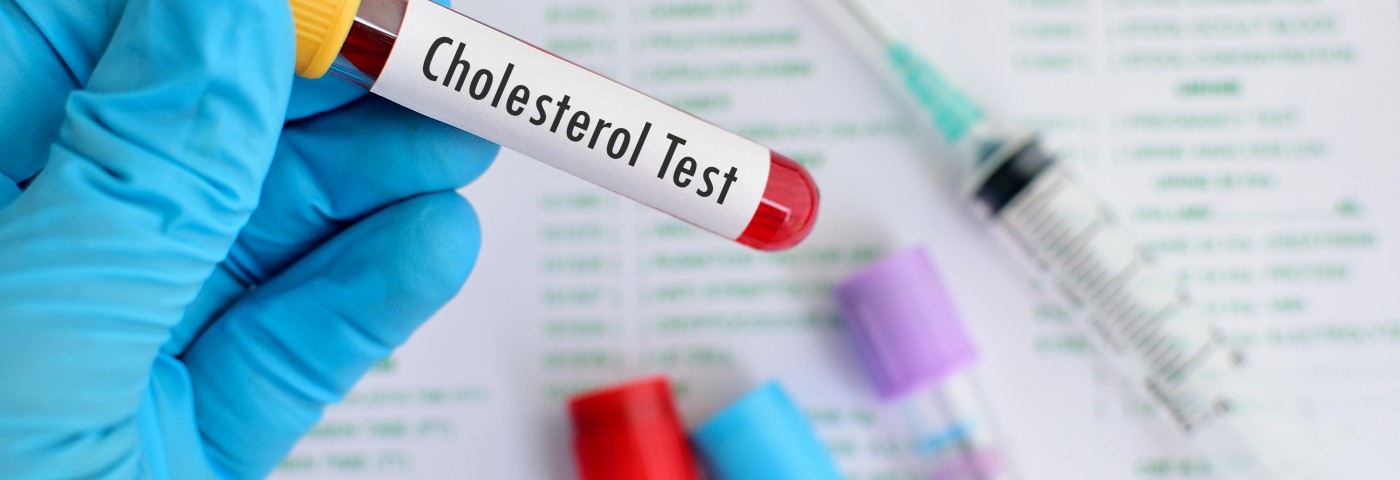A large Phase 3 clinical trial of the cholesterol drug evacetrapib was discontinued after an analysis showed it did not reduce the rates of major adverse cardiovascular events, despite lowering “bad” cholesterol levels and noticeably increasing levels of “good” cholesterol. The research was presented this month at the American College of Cardiology’s 65th Annual Scientific Session in Chicago.
“Here we’ve got an agent that more than doubles the levels of good cholesterol and lowers bad cholesterol and yet has no effect on clinical events,” said the study’s lead author, Stephen Nicholls, M.B.B.S., Ph.D., in a press release. Nicholls is a professor at the University of Adelaide in Australia and a cardiologist at the Royal Adelaide Hospital. “We were disappointed and surprised by the results,” he said.
The promising effects that were recorded for cholesterol levels did not translate into a reduction of any of the study’s primary endpoints, namely: amount of time until cardiovascular death; heart attack; stroke; coronary artery bypass surgery or hospitalization for chest pain due to unstable angina; or a restriction in the blood flow through the arteries of the heart.
The Phase 3 clinical trial was a randomized, double-blind study in about 540 health centers worldwide, enrolling over 12,000 participants who were at high risk for severe cardiovascular problems. These patients were randomized into two groups, one receiving 130 mg of evacetrapib daily, and another receiving a daily dose of placebo for a minimum of 18 months. All participants were provided with standard medical care during the trial, which mostly included treatment with statins or other cholesterol-lowering drugs.
All the participants of the study had either an acute coronary syndrome, like heart attack or unstable angina, at least 30 days before enrollment date; a cerebrovascular atherosclerotic disease, which constricts the arteries that supply blood to the brain; a peripheral vascular disease, which affects blood vessels outside the heart and the brain; or both diabetes and coronary heart disease.
Patients who were given evacetrapib decreased their “bad” cholesterol levels, called low-density lipoprotein (LDL), by an average of 37 percent, and increased their “good” cholesterol levels (HDL) by 130 percent, compared to those taking a placebo. Still, there was no significant difference between the two sets of participants regarding the study’s primary endpoints, making evacetrapib the third failure in a class of drugs called cholesteryl ester transfer protein (CETP) inhibitors.
CETPs are designed to interrupt the process that naturally converts HDL into LDL in the body, and they have so far all failed due to increased risk of cardiovascular events or inefficacy.
“We tested the drug in high-risk patients because they are the patients with the greatest need for new drugs above and beyond what we already use in our clinics,” Nicholls said. “Low-risk patients could be another group of patients that could potentially benefit from this drug, but we didn’t test that and to do so would require an extraordinarily large study that asks a different question from the one our study was designed to address.”
The results posed no safety alarms or significant side effects to any of the trial’s participants.
Nicholls believes his research team’s findings could provide evidence that challenges conventional thinking when it comes to the benefits associated with HDL cholesterol, like protection against cardiovascular problems.
“There has been, and continues to be, a lot of confusion about what’s going on with this class of drugs, since we don’t yet have one that can be brought to the clinic to prevent heart attack and stroke in our patients,” Nicholls said. “As we close out the trial, we’re trying to understand how a drug that seems to do all the right things in terms of blood cholesterol levels doesn’t then translate into reducing clinical events.”
According to the team, one possible explanation for the results is that established treatments, like statins, are already so effective at improving cardiovascular outcomes that it has simply become harder to advance these outcomes into further improvement, especially in high-risk patients. Another alternative is that these results suggest that evacetrapib’s active ingredient, or the biological pathway, simply has no effect on the risk of cardiovascular events.


